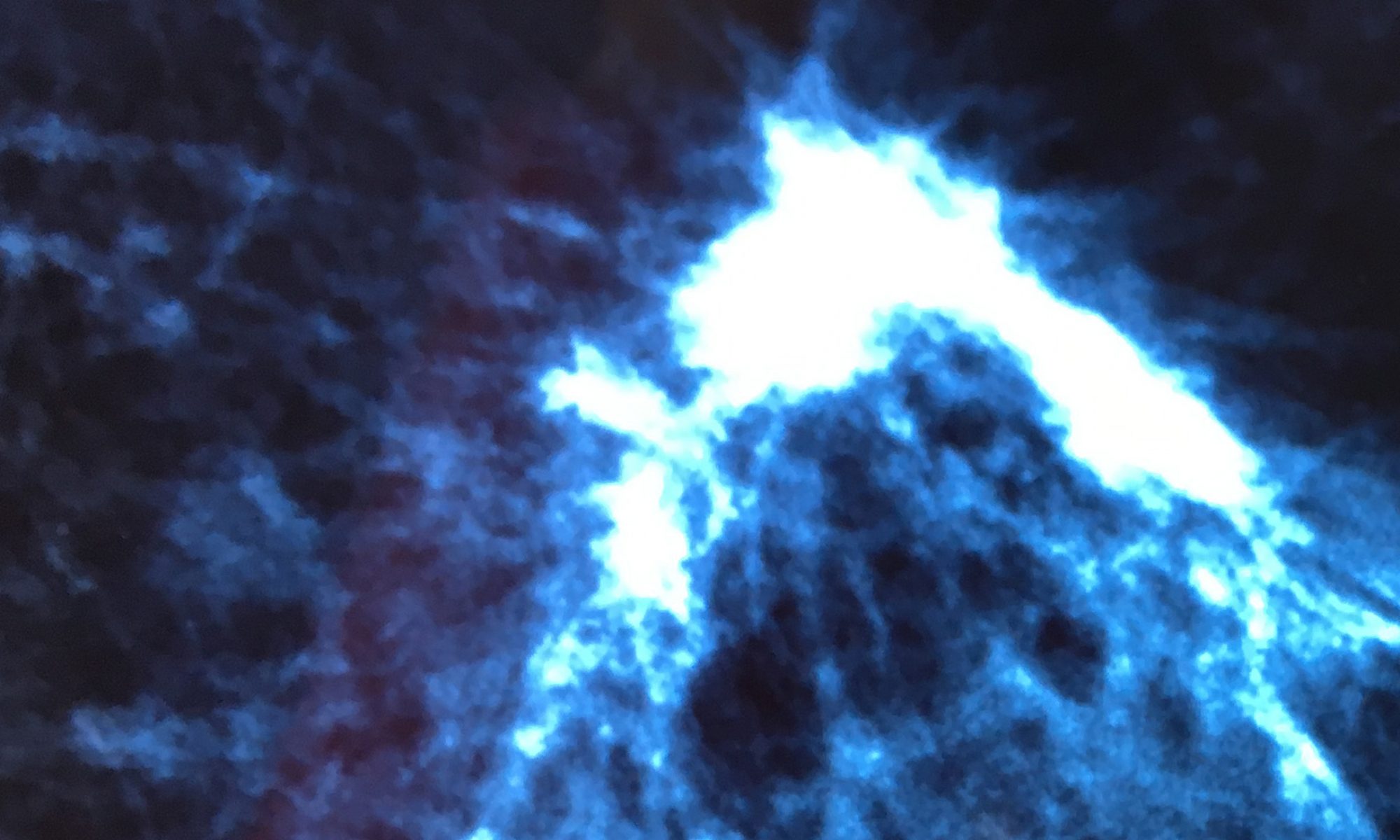Understanding the limitations of a treatment based medical system and the responsibility of the ‘government’ and ultimately what we need to do in order to keep healthy can only be accomplished if we understand the limitations we are working with.
Allopathic medicine or Medical Doctors (MDs) are not in a position to prevent disease when incentivized to care for only the sick. Furthermore, a portion of the responsibility falls on the ‘state’ to keep their citizens healthy and safe through regulatory measures from banning smoking in restaurants to providing food labelling on menus and grocery store products.
For so long, I assumed it was my family doctor that was suppose to keep me healthy, but in reality family doctors are the gateway into the medical system that only want to see you if there is something medically wrong with you.
If you want to stay out of the system, then the government needs to promote health seeking behaviours, which is a blanket to the general public but definitely doesn’t include the outliers.
This realization has made me think about my own disease and how it could be prevented in others and essentially have people be the healthiest versions of themselves. I had come across the video below by Matthias Mullenbeck who really hits the nail on the head…. our current system is a Sick Care System…his thoughts on changing the mindset to only pay physicians to keep people healthy is brilliant.
Beyond just changing the mindset within modern medicine, I would add that integration of natural medicines that seem to understand the body in ways outside of medications and surgeries sound also be integrated.
If I were to ask someone in Traditional Chinese Medicine or Ayurvedic Medicine they would describe being healthy as having balance in the body through the flow of chi or in the balance of the doshas.
Naturopathic medicine works to combine all forms of natural medicine and if integrated into our medical system would provide the perfect base to provide primary prevention: that is making sure people never get sick. I also feel that because men and women are so different, it doesn’t make sense to have one provider for both. There is already a lot to know, why complicate things even more.
Specializing primary health care by age and sex would help make sure patients are getting the best possible care and allow the provider to be able to stay up to date on the latest and greatest. It’s a win win!
So in the meantime, until we get there as a system, you can choose to learn more about your body and it’s limitations through DNA testing, hair analysis and hormone testing for starters and find yourself a good naturopathic doctor and a family doctor that is responsive to your needs. Build your health care team to work for you, to keep you healthy and if your like me, never get sick again.
Further reading:
https://www.ncbi.nlm.nih.gov/pmc/articles/PMC4339086/pdf/nihms663715.pdf


